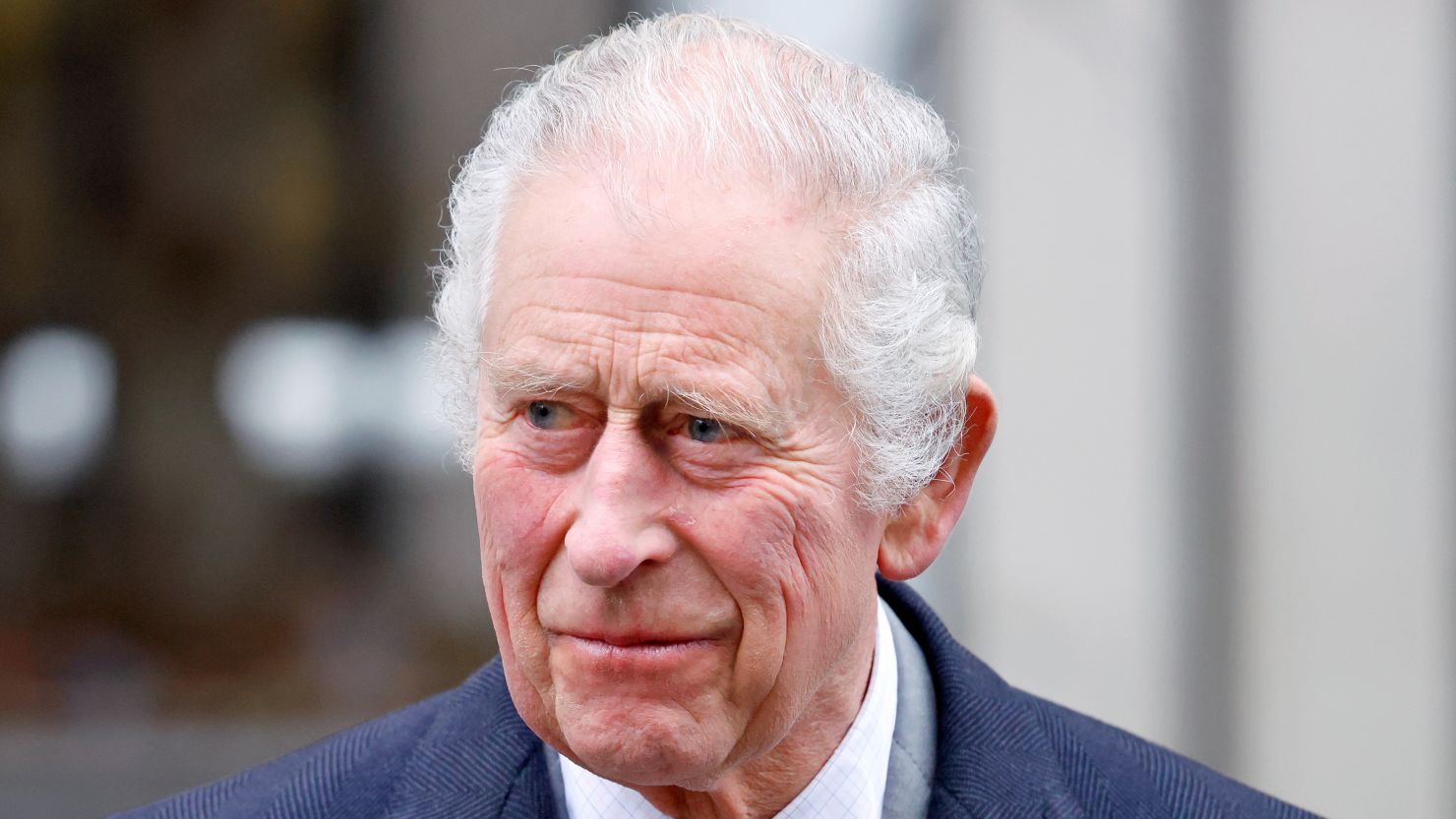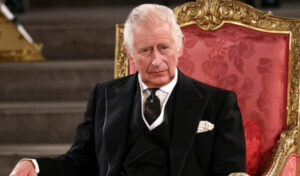
King Charles
In this article, we delve into the life and reign of King Charles I, a significant figure in British history whose actions and policies shaped the course of the nation’s monarchy and politics.
Introduction to King Charles
King Charles I, born on November 19, 1600, was a member of the Stuart dynasty and the second son of James VI of Scotland and Anne of Denmark. He ascended to the English throne in 1625 after the death of his father, becoming the monarch of England, Scotland, and Ireland.
Early Life and Background
Charles was raised in a royal household and received an education befitting his status. He developed a deep sense of divine right monarchy, believing that kings ruled by the will of God and were not subject to the authority of Parliament.
Ascension to the Throne
Upon his ascension, Charles faced a myriad of challenges, including conflicts with Parliament over taxation and religious reforms. His marriage to Henrietta Maria of France further fueled tensions due to her Catholic faith, which was viewed unfavorably by many Protestant subjects.
Reign and Achievements
During his reign, King Charles pursued ambitious architectural projects, including the construction of magnificent palaces such as the Banqueting House in Whitehall. He also promoted the arts and sciences, patronizing renowned artists and intellectuals of the time.
Religious Policies and Conflicts

Charles’s attempts to impose Anglican liturgy on Presbyterian Scotland led to widespread opposition and ultimately sparked the Bishops’ Wars. His steadfast adherence to religious orthodoxy alienated many of his subjects and exacerbated existing tensions.
Marital Affairs and Personal Life
Despite his tumultuous reign, Charles was known for his devotion to his wife and children. He fathered several offspring, including future monarchs such as Charles II and James II.
Political Challenges and Civil War
The escalating conflict between the Crown and Parliament culminated in the English Civil War, a bitter struggle between Royalists (Cavaliers) and Parliamentarians (Roundheads). Charles’s refusal to compromise on key issues such as taxation and religious freedom exacerbated the crisis.
Execution and Legacy
Following his defeat in the Civil War, Charles was captured, tried for high treason, and ultimately executed on January 30, 1649. His death marked the first time in English history that a reigning monarch was executed by his subjects.
Impact on British Monarchy
The execution of King Charles I had profound implications for the British monarchy, leading to the establishment of the Commonwealth under Oliver Cromwell’s leadership. However, his legacy continued to reverberate throughout subsequent centuries, shaping debates about the balance of power between monarch and parliament.
Cultural Depictions
King Charles I has been the subject of numerous literary and artistic works, including novels, plays, and paintings. His tragic fate and complex personality continue to fascinate historians and artists alike, inspiring various interpretations and representations.
Conclusion
In conclusion, King Charles I remains a controversial and enigmatic figure in British history, whose reign was marked by political turmoil, religious strife, and ultimately, regicide. His legacy continues to be debated and scrutinized, reflecting broader questions about power, authority, and the nature of monarchy.
FAQs (Frequently Asked Questions)
Was King Charles I popular among his subjects?
- Despite initial popularity, Charles’s policies and actions, particularly his conflicts with Parliament and his religious policies, eroded much of his support among the populace.
What were the main factors that led to the English Civil War?
- The English Civil War was primarily fueled by disputes over taxation, religious freedom, and the balance of power between the monarchy and Parliament.
How did King Charles I’s execution impact the British monarchy?
- Charles’s execution marked a significant shift in the balance of power, leading to the temporary abolition of the monarchy and the establishment of the Commonwealth under Oliver Cromwell.
What role did religion play in King Charles I’s reign?
- Religion was a central issue throughout Charles’s reign, as he sought to impose Anglican liturgy on his subjects, leading to widespread opposition and ultimately contributing to the outbreak of civil war.
How is King Charles I remembered in British history today?
- King Charles I is remembered as a controversial figure whose reign was marked by political strife and religious conflict, culminating in his execution and the subsequent upheaval of the monarchy.


